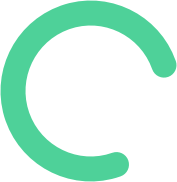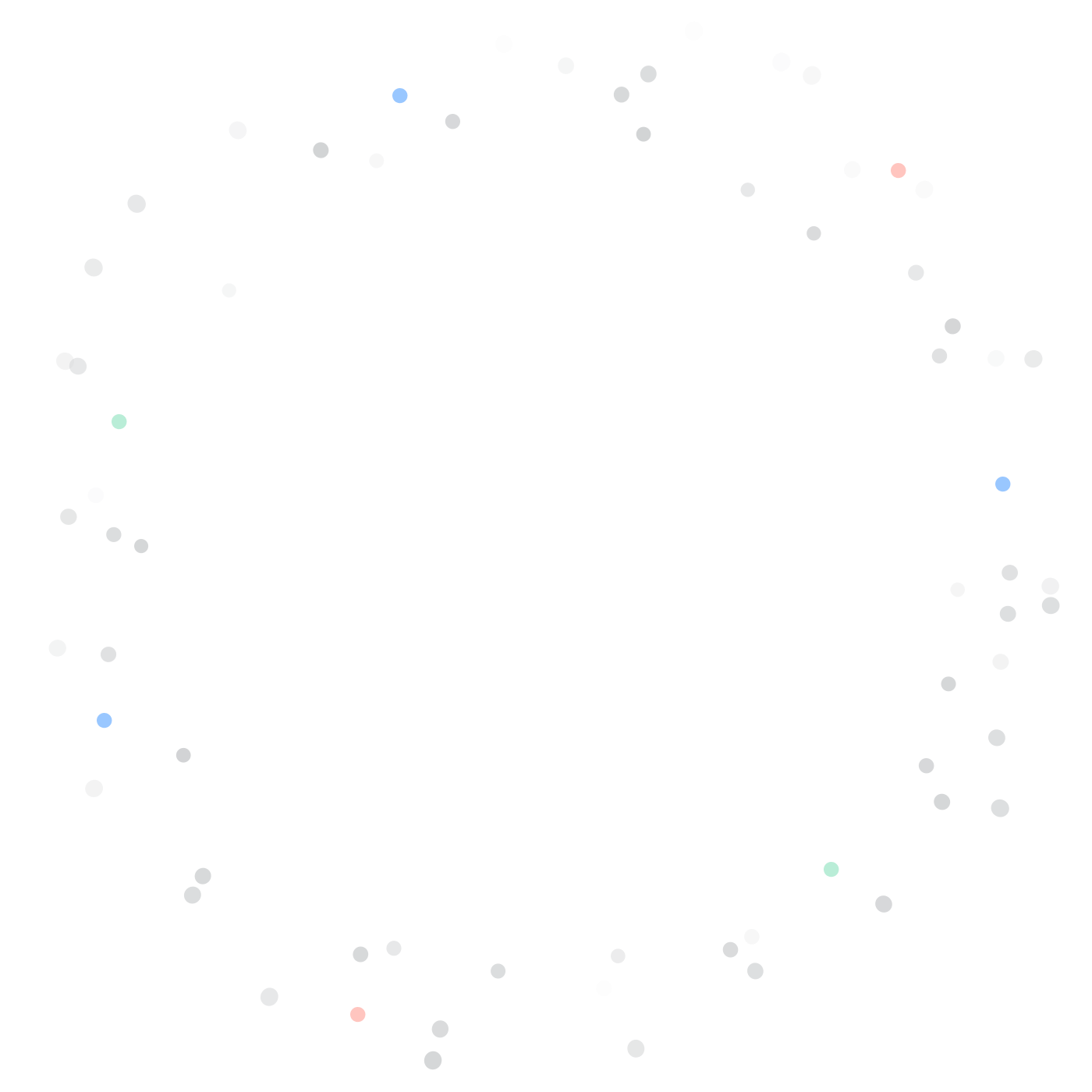There's a big difference between job and career! A job is something you do to earn money, while a career is a longer-term plan that involves developing your skills and knowledge in order to progress in your field.
Careers are built over time, while jobs can come and go. Pursuing a career requires making decisions about your education and training, and doing the work necessary to develop yourself professionally. It's not always easy, but it can be incredibly rewarding. So if you're thinking about what you want to do with your life, remember: it's not just about finding a job – it's about building a career.
A job is something you do to earn money, while a career is something you pursue that may or may not lead to financial stability
Choosing to pursue a career versus a job is an important decision that will affect your future. Initially, the difference between job and career might be confusing; however, it is critical to understand the difference. A job is something you do to earn money on a short-term basis, while a career is more of a long-term commitment focused on refining skills with the potential for opportunities for financial stability in the future. Understanding the difference between job and career can help you craft out an ambitious journey that suits your professional goals.
A job is typically based on skills that you already have, while a career requires you to continuously learn and develop new skills
Understanding the difference between job and career is an essential factor in pursuing success. A job is a contractual agreement, typically based on pre-existing skills, and allows for a steady paycheck but lacks potential for growth. On the other hand, a career offers continual opportunities to learn, develop and hone new skills as well as climb up the ladder of success. It's worth noting that all careers begin as jobs, but one difference between them lies in effort: jobs may seem like dead ends, while with commitment and effort comes opportunity within a career path.
A job usually has set hours and days, while a career can be more flexible with your time
A job is a great way to make money, but it usually requires that you keep a fixed schedule of hours and days. A career, on the other hand, can provide you with more flexibility for when and where you choose to work. This means that you have more control over your life: if you need to adjust your hours to accommodate family or travel obligations, or to just work at a time of day when you are most productive, then a career may be just the thing for you! With many modern occupations allowing for various levels of mobility and remote working options, taking on a career could truly provide unprecedented autonomy in managing your own time.
Expert Tip
A job is often focused on the present, while a career entails planning for the future
The difference between job and career involves both the present and future time frames. A job is typically focused on current needs, often requiring only short-term dedication to responsibilities, whereas a career requires an individual to focus on their professional development and the path that they plan to take. Considerable consideration needs to be taken when planning for the future when it comes to selecting and pursuing key career goals. This involves factoring in opportunities such as education and detailed research of job market trends. It's important to note that while a job may give you a living now, investing in a career can provide long-term financial security later.

Difference between job and career table;
It's important to realize that these are just generalizations, and there could be some crossover between a career and a job. Some professionals may view their employment as a stepping stone to their professional life, while others might consider their vocation to be composed of various occupations. Ultimately, the distinctions between a profession and an occupation depend on one's objectives, preferences, and personal concept of success.
| Career | Job | |
|---|---|---|
| Definition | A career is an individual's progression through learning, work and other aspects of life. It includes the jobs, education, and experiences that make up one's working life. | A job is a role taken on by an individual in order to earn money and support themselves or their family. It often consists of a set of tasks performed in exchange for financial compensation. |
| Duration | Careers typically consist of multiple job roles held over a long period, spanning several years or even decades, as people gain experience and knowledge in the chosen field or industry. | Jobs are regularly short-term experiences lasting weeks, months or at most a few years, with some exceptions such as long-term contracts or permanent positions. |
| Commitment Level | Careers typically require individuals to commit more time and effort than is required for holding a job; they may have to attend courses or specialized training programs, take on extra workloads and responsibilities or move around within the same field. | Jobs require less commitment from individuals, who can typically switch jobs quite frequently without any major repercussions. People might be able to start new jobs quickly with only minimal training required for each position. |
| Professional Development | As part of a career path, individuals usually focus on enhancing their skillset, updating qualifications and increasing their expertise in order to move up the professional ladder and progress further along their chosen profession; this type of professional development is rarely required when holding a job. | Job holders are likely to acquire only basic skills specific to the role they are performing; there is often no need for them to develop professionally while they hold a job, since it doesn't guarantee any promotion prospects in that particular organization. |
| Personal Impact | A career can have significant impact on an individual's life; it shapes attitudes towards work, helps define personal goals and ambitions as well as influence lifestyle choices such as where one decides to live. | Taking on different jobs has less impact on an individual's life since it does not necessarily influence identity or long-term goals; instead it serves mainly as a way for individuals to make ends meet temporarily until they find something better suited for them professionally or personally. |
Finally, a job is typically something you can do without much passion, while a career should be something you're passionate about pursuing!
A job is frequently something that a person can do just to make some money. It's typically expected to be pure work experience, with no fun or passion attached. On the other hand, pursuing a career means having a plan; something that you are passionate about and willing to push for in order to obtain it. A career brings more skill sets and challenges than simply doing a job would. A career is an opportunity that comes with fulfilment, rewards and recognition, while a job is all about money and nothing but working hard day after day. If you're looking to pursue something with long term meaning that fulfils an artistic or purposeful need within yourself, then speak to us for free career advice to support your choices.


